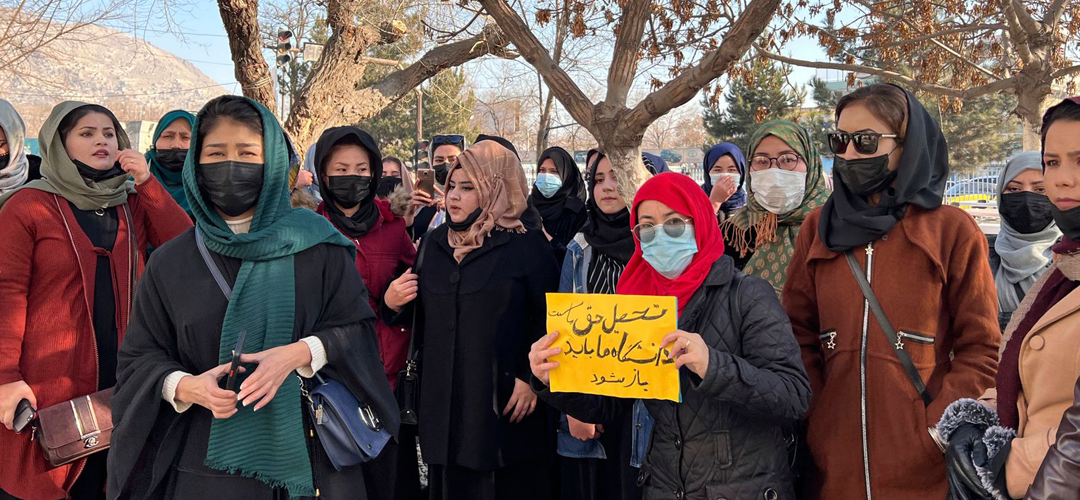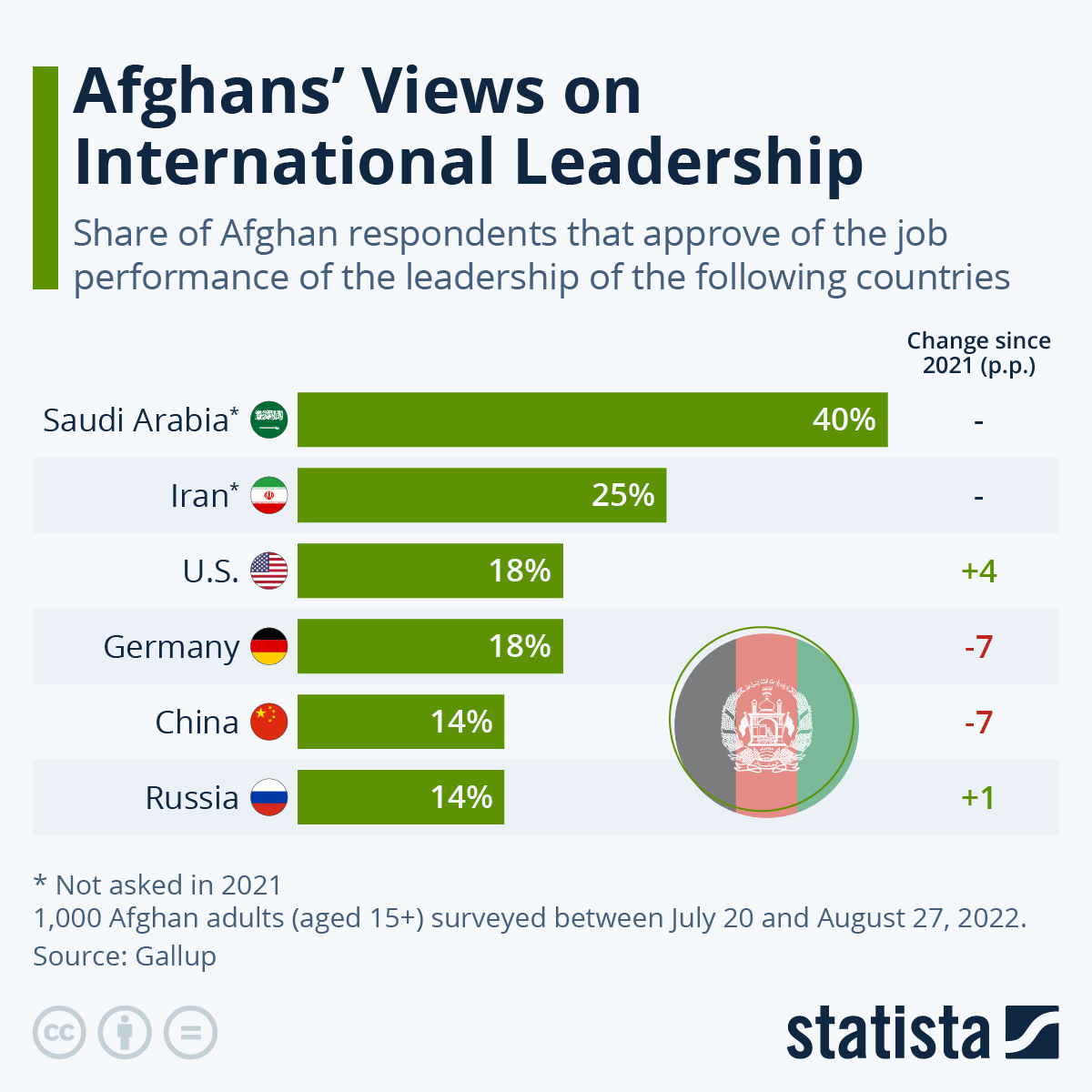THE MASK IS OFF!
December 24, 2022 | Expert Insights

A tiger never changes its stripes, nor does the Afghan Taliban give up on its medieval beliefs.
As the heavily armed Taliban cadre walked into Kabul last year without firing a single shot, there were commentaries on their impeccable behaviour as they secured Kabul airport to evacuate thousands of foreign nationals. Keen to seek international recognition and the aid that would follow, the Taliban leadership spoke of reconciliation and preserving human rights, especially that of women. They were quickly dubbed Taliban 2.0, a reformed version of the original.
However, nearly one and a half years after their victory, recognition from the international community remains a distant dream, with the economy reduced to a subsistence level. Thousands of Afghan citizens are fleeing, and ISIS is getting stronger by the day, inflicting pain on the citizenry through bomb blasts.
The mask is gradually slipping with no slackening of the strict regulations, including banning girls from schools and college education. Evidently, the mullahs in power are in no mood to reconcile to requests of the West for greater inclusivity and less repression.
Some analysts blame the resurfacing of the hard-line approach on the apathy of the international community that has financially isolated this impoverished country. Others have serious doubts about whether engaging the Kabul regime at the international level could make things any better for the luckless citizens of Afghanistan.
Background
Since it came to power, the Taliban has failed to make any significant concessions toward human rights, especially of its female citizens, that could have encouraged the international community to loosen their purse strings, resulting in a humanitarian crisis that is getting worse by the day.
The Taliban had stated that the restriction on girls attending school would only be in place for a short time until the security situation stabilised. They had given an identical assurance in the 1990s when they first captured power but failed to live up to it till American firepower sent them packing more than a decade later.
In August 2021, the Taliban shut down all the schools in Afghanistan soon after they had assumed power. The majority of schools soon reopened, but girls in secondary school were instructed to remain at home until circumstances—which the Taliban did not define—were favourable for them to resume their studies. The notification to return to school never materialised. Last week they went ahead and banned women from college education also. In addition, true to form, they have been enacting a plethora of rules and regulations exclusively targeting female behaviour.

Analysis
Socially and culturally, the life of an average Afghan, especially in the vast and rugged hinterland, remained unchanged for the two decades when a Western-propped government was in power. However, great efforts were made to inject democracy into the country and women's emancipation, and education was given prominence, especially driven by western liberal pressure groups advocating women's rights. Girls happily attended schools and universities and found a place in the job market in the cities.
It was like the country had gone back to the 1960s and early 1970s, when Afghanistan, although still poor, had a government and a standing Army and built roads and buildings and Afghan women not only attended university but did so in western dresses!
The return of the Taliban has reduced to a nought even this modest achievement. According to a recent UN-cited poll of Afghan women, only 4 per cent of women have barely enough to eat, and 25 per cent claim to have zero income.
The United States has issued a warning that the Taliban's choice would permanently put an end to their dreams of a cordial relationship with the international community. Even the Taliban's steadfast ally, Pakistan, is beginning to grow weary of the group's policies. However, Bilawal Bhutto Zardari, the foreign minister of Pakistan, advocated financial support to Kabul to create the necessary policy space that will enable moderate elements to fulfil their obligations to address rights issues against the hard-line elements in the regime. Separately, the Pakistan Foreign Office encouraged the Afghan government to reconsider its decision to stop allowing women to attend university.
As foreign charities, financed mainly by the West, struggle to provide succour to the starving Afghan people, their governments face the dilemma of calibrating the pressure to make Kabul mend its ways without driving common Afghans into greater misery.
Assessment
- The Taliban regime is unlikely to receive billions of dollars in aid, loans, and frozen assets held by the United States, International Monetary Fund, and World Bank unless it shows a willingness to soften its tough stance, particularly on women's rights issues.
- Indonesia and Qatar are developing a scholarship programme for Afghan citizens and preparing to use microloans to open business prospects. The two countries are also eager to support initiatives that would link the Afghan private sector with its counterparts abroad. Their good offices could provide a window for negotiations with the hard-line elements in Kabul to restore women’s rights.
- The Taliban should have no illusion; this time around, the international community is in no mood to relent. Their turnaround on their earlier promises for women’s rights will have real consequences for them.








Comments